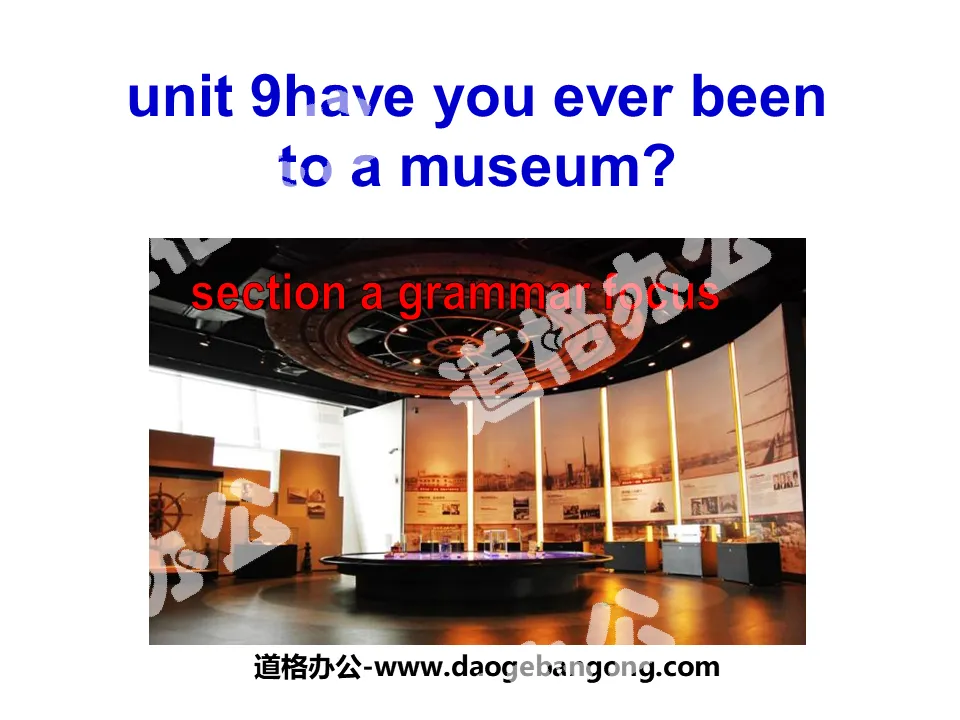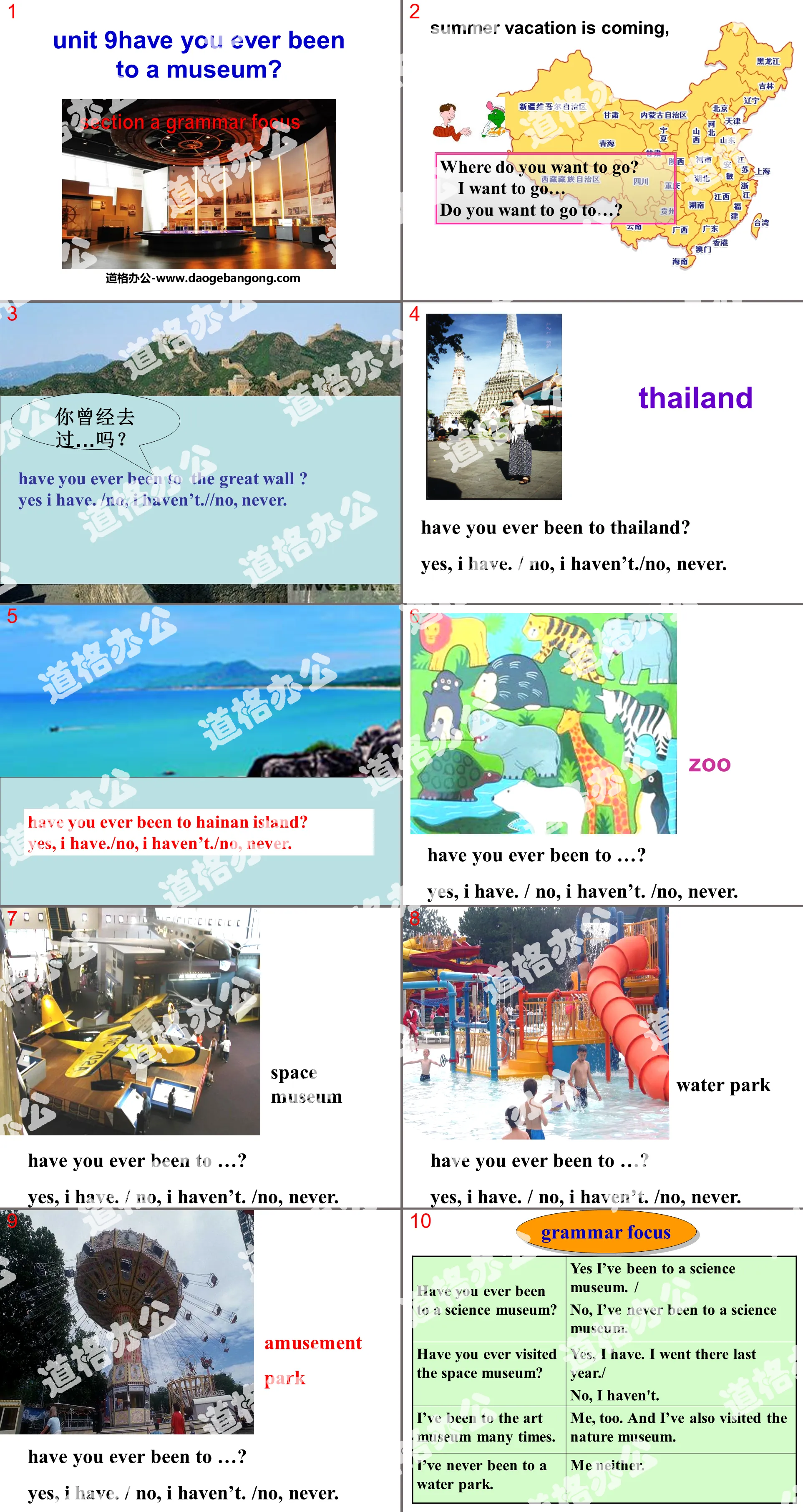Hebei Education Edition Ninth Grade English Volume 1
Hebei Education Edition Seventh Grade English Volume 2
Hebei Education Edition Eighth Grade English Volume 2
Foreign Language Research Edition Seventh Grade English Volume 1
Shanghai Education Edition Third Grade English Volume 1
Hebei Education Edition 8th Grade English Volume 1
Hebei Education Edition Eighth Grade English Volume 1
People's Education Press Eighth Grade English Volume 1
Foreign Language Research Edition Eighth Grade English Volume 2
Oxford Translation English for Grade 9 Volume 1
Hebei Education Edition Fourth Grade English Volume 1
Hebei Education Edition Seventh Grade English Volume 1
High School English Compulsory Course 1, Foreign Language Research Edition
Foreign Language Research Edition Fourth Grade English Volume 1
People's Education Press Ninth Grade English Volume 1
Foreign Language Research Edition Fifth Grade English Volume 1

| Category | Format | Size |
|---|---|---|
| People's Education Press English for Grade 8 Volume 2 | pptx | 6 MB |
Description
"Have you ever been to a museum?" PPT courseware 6
Grammar Focus
The present perfect tense is composed of subject + have/has + past participle. Its main usage is as follows:
Structure: subject + have / has + past participle of verb
General questions: have / has … ?
Yes, I have. No, I haven’t.
Yes, she has. No, she hasn’t.
1. What are the differences in usage and meaning between ever, never, just, already, and yet in the present perfect tense?
The present perfect tense expresses the impact or result of an action that occurred or was completed in the past on the present.
Such as: Have you read that story? Have you read that story? (The action of "reading" happened in the past, and its impact on the present is: whether we know the content of the story.)
I have bought two apples. I bought two apples. (The action of "buying" occurred in the past, and the result in the present is: owning two apples.)
While learning this concept, you should also pay attention to several adverbs that are often used with the present perfect tense: already, just, ever, yet, never, etc. already, just are mostly used in affirmative sentences, ever, yet, and never are mostly used in questions and negative sentences.
For example: I have already finished my homework.
I've finished my homework.
He has just had his meal. He had just eaten.
Have you ever sung this English song?
Have you ever sung this English song?
They haven’t started yet. They haven’t started yet.
We have never heard of it.
We have never heard of this.
2. The usage of have been in, have been to and have gone to
(1). Have (has) been in means "how long you have been in a certain place." It is often used with adverbials expressing a period of time.
Mr. Brown has been in Shanghai for three days. Mr. Brown has been in Shanghai for three days.
They have been in Canada for five years.
They have been in Canada for five years.
(2). Have (has) been to means "have been to a certain place", which means that it is no longer there. Can be compared with just, ever,
Use together with never and so on.
For example: I’ve just been to the post office.
I just went to the post office.
Have you ever been to Hangzhou?
Have you ever been to Hangzhou?
Mary has never been to the Great Wall.
Mary has never been to the Great Wall.
Summary
The difference between Have been to / in and have gone to
1 have / has been to + place name
Been to a certain place (been there and come back);
2 have / has gone to + place name
Went somewhere (not back yet);
3 have / has been in + place name
How long you have lived in a certain place.
4a. Put the correct forms of the verbs in the blanks.
1. A: Do you want __________ (come) to the space museum?
B: No, I’ve already ______ (be) there three times.
2. A: Have you ________ (see) the robots at the science museum?
B: Yes, I ______ (go) there last weekend.
3. A: Let’s ________ (spend) the day at the zoo.
B: Well, I’ve already _______ (be) there a couple of times, but I’m happy_______ (go) again.
4. A: How about _________ (go) to the art museum? There are some special German paintings there right now.
B: Sure. When do you want _______ (go) ?
5. A: Have you ever _________ (visit) the history museum?
B: No, I’ve never________ (be) there.
The statements are all false. Write four true sentences according to the passage.
1. Singapore is a big country in Europe.
2. In Singapore, you can only find Japanese food.
3. It’s good to see lions and foxes during the daytime because they’ll probably be awake.
4. It’s best to visit Singapore in autumn.
Fill in the words according to the meaning of the sentence and the first letter given.
1. Has Shirley ever been to an a__________ park?
2. People in Europe are called E___________.
3. The United Kingdom, the United States and Australia are all E______________ countries.
4. It was Christopher Columbus who first _________ American continent.
5. I like fruits, e________ sweet fruits, like watermelon and litchi.
Keywords: "Have you ever been to a museum?" teaching courseware, People's Education Press eighth grade English courseware volume 2, eighth grade English slide courseware download, "Have you ever been to a museum?" PPT courseware download, .ppt Format
For more information about the "have_yo_ever_been_to_a_museum" PPT courseware, please click the have_yo_ever_been_to_a_museumppt tag.
"Have you ever been to a museum?" PPT courseware 7:
"Have you ever been to a museum?" PPT courseware 7 Revision: 1. progress in such a rapid way 2. an unusual museum an unusual museum 3. the development of toilets.
"Have you ever been to a museum?" PPT courseware 5:
"Have you ever been to a museum?" PPT courseware 5 Free talk How was your spring outing (spring outing) or weekend? Where did you goand what did you do? Where have I been? You can see..
"Have you ever been to a museum?" PPT courseware 4:
"Have you ever been to a museum?" PPT courseware 4 Listening Listen to a student interviewing a foreign student. Check () the questions you hear. ____ Have you visited the Palac..
File Info
Update Time: 2024-10-30
This template belongs to English courseware People's Education Press English for Grade 8 Volume 2 industry PPT template
"Have you ever been to a museum?" PPT courseware 6 Simple campus recruitment activity planning plan summary enterprise and institution recruitment publicity lecture PPT template is a general PPT template for business post competition provided by the manuscript PPT, simple campus recruitment activity planning plan summary enterprise and institution recruitment promotion Lecture PPT template, you can edit and modify the text and pictures in the source file by downloading the source file. If you want more exquisite business PPT templates, you can come to grid resource. Doug resource PPT, massive PPT template slide material download, we only make high-quality PPT templates!
Tips: If you open the template and feel that it is not suitable for all your needs, you can search for related content "Have you ever been to a museum?" PPT courseware 6 is enough.
How to use the Windows system template
Directly decompress the file and use it with office or wps
How to use the Mac system template
Directly decompress the file and use it Office or wps can be used
Related reading
For more detailed PPT-related tutorials and font tutorials, you can view: Click to see
How to create a high-quality technological sense PPT? 4 ways to share the bottom of the box
Notice
Do not download in WeChat, Zhihu, QQ, built-in browsers, please use mobile browsers to download! If you are a mobile phone user, please download it on your computer!
1. The manuscript PPT is only for study and reference, please delete it 24 hours after downloading.
2. If the resource involves your legitimate rights and interests, delete it immediately.
3. Contact information: service@daogebangong.com
"Have you ever been to a museum?" PPT courseware 6, due to usage restrictions, it is only for personal study and reference use. For commercial use, please go to the relevant official website for authorization.
(Personal non-commercial use refers to the use of this font to complete the display of personal works, including but not limited to the design of personal papers, resumes, etc.)
Preview










